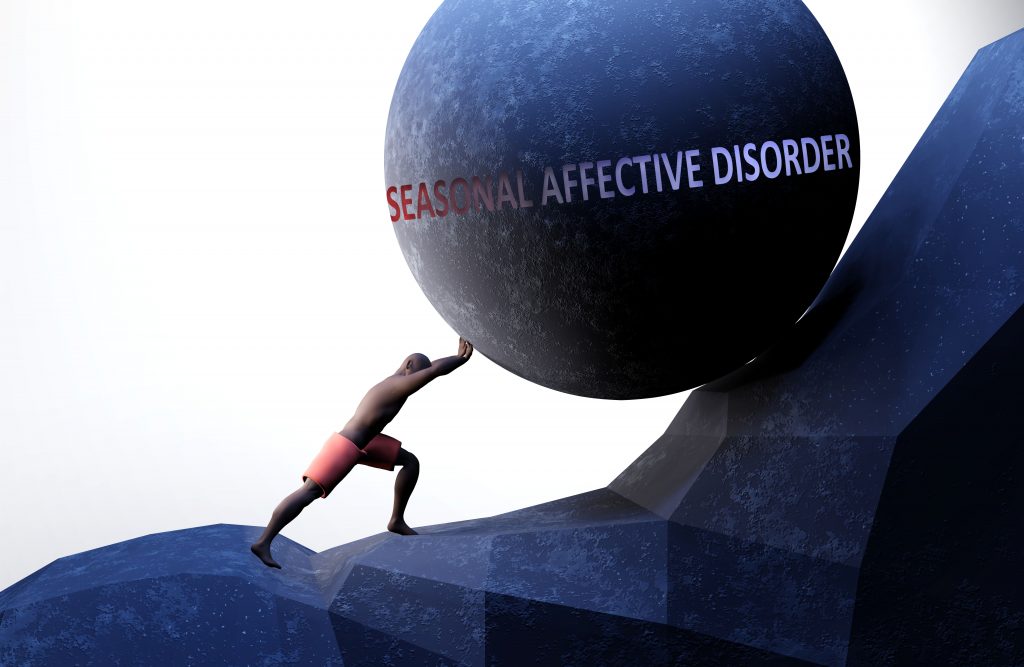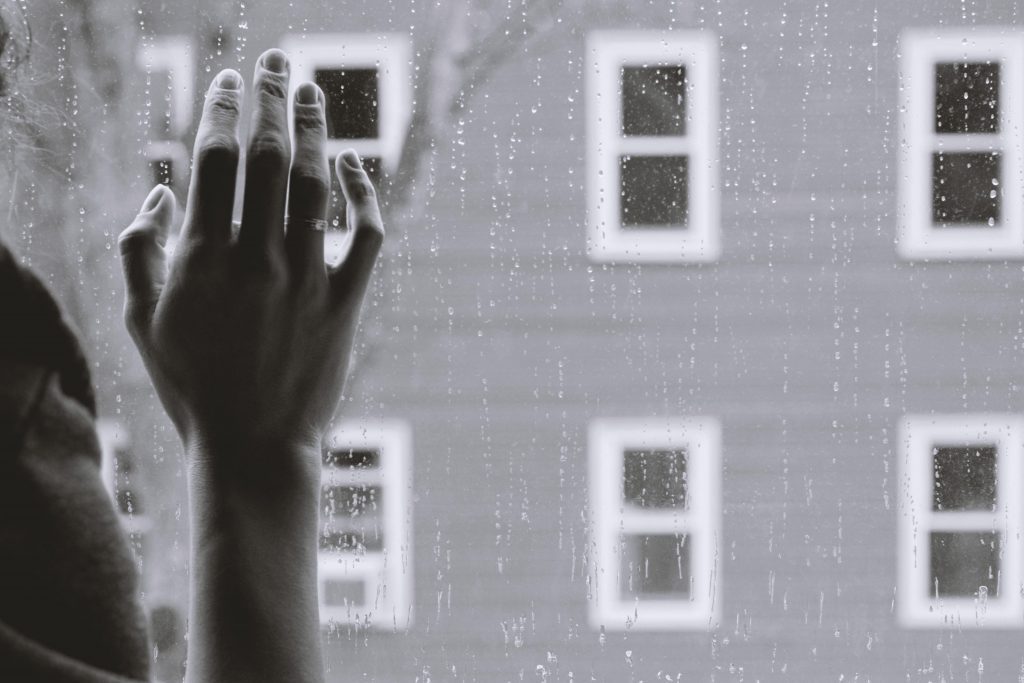Hundreds of studies and research have been carried out throughout the years, connecting weather with the mind. Whilst many people thrive in the cosy, winter months, others struggle mentally due to shorter days, lack of sunlight and glum surroundings. When these seasons take a toll on one’s mind, there’s often a mention of seasonal affective disorder. But what is this, what causes it and what can you do to help?

What is SAD?
SAD, short for seasonal affective disorder, is a form of depression which comes and goes in a seasonal pattern. Also referred to as ‘winter depression’, the side effects of SAD are usually prominent through the colder months but can still occur in summer.
The symptoms of seasonal affective disorder (SAD) are parallel to those of regular depression but tend to occur at a particular time of year. Common side effects of SAD may include :
- Persistent low mood
- Loss of interest
- Easily irritated
- Low self-esteem
- High levels of anxiety
- Lack of energy
- Difficulty concentrating

What causes seasonal affective disorder?
The exact reason for SAD is not completely understood, but it’s often connected to limited sunlight during autumn and winter. However, SAD is also linked to genetics and family history. Many case studies have shown that a lack of sunlight could cause a part of the brain called the hypothalamus to stop working correctly. This takes effects on aspects such as :
Circadian rhythm
Referring to the body’s internal clock, your body utilises sunlight to time different functions, such as when you wake up. As it gets darker much quicker in the winter, lower light levels could cause confusion to your body clock and result in symptoms of SAD.
Production of melatonin
Melatonin is a hormone which ultimately makes you feel sleepy. When someone is experiencing SAD, the body may produce it in higher amounts, resulting in a greater level of fatigue and exhaustion.
Production of serotonin
Serotonin is a hormone that affects your mood, appetite and sleep, all of which have strong links to mental health. A lack of sunlight may lead to lower serotonin levels, leaving someone feeling low and perhaps not themselves.

How to help
If you’re growing more concerned about your mental health and believe you may be struggling with SAD, it’s always best to speak to a professional such as a GP or a support system such as friends. There are, however, many things which can be done at home which can help make small changes in your life.
- Get as much sunlight as possible
- Make workspace light and airy
- Sit near windows when indoors
- Reduce stress where possible
- Regular exercise or outdoor activities
- Maintain a healthy, balanced diet
- Research therapy
Optml daily supplements
Here at Optml, we can’t promise to make the sunshine all year round, but we can help to ensure your system is well supported, especially during the winter months when you may be deficient in a number of key nutrients and vitamins.
Optml is a two step supplement consisting of Rise to be taken in the mornings, and Rest which is to be taken at night. In combination, we’ve designed our supplement to support your mood and energy levels in the day, while ensuring you get a sound night’s sleep so that you feel rested upon waking.
Try Optml today and experience the benefits for yourself.